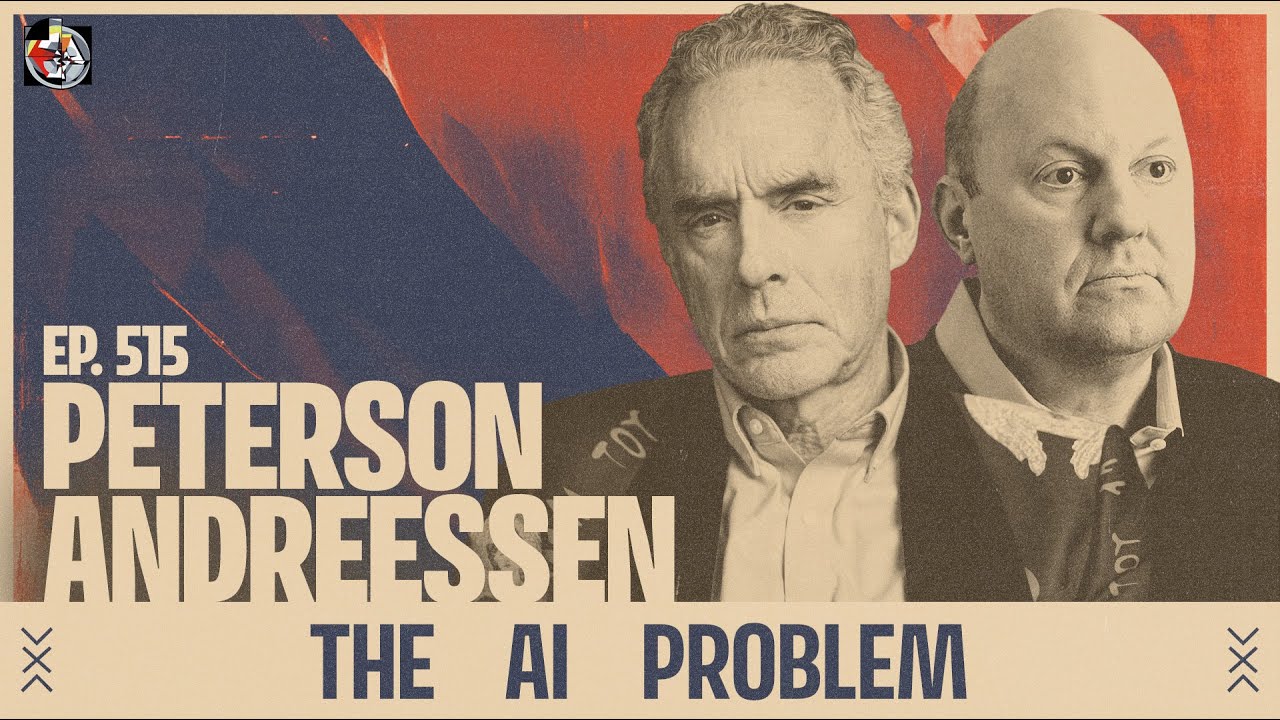In the podcast episode, Marc Andreessen discusses the impact of aggressive identity politics and social justice ideologies on the tech industry, highlighting how these shifts have led to chaos within companies and a culture of fear. He expresses optimism for change, advocating for a return to meritocracy and innovation, and calls for meaningful discussions on aligning technology with positive human values.
In the podcast episode featuring Marc Andreessen, the discussion revolves around the evolving landscape of technology, politics, and societal values, particularly focusing on the rise of “wokeness” and its impact on the tech industry. Andreessen reflects on how traditional progressivism has been hijacked by a more aggressive ideology that prioritizes identity politics and social justice over meritocracy and innovation. He argues that this shift has led to chaos within companies, as they grapple with internal pressures from employees and external pressures from government and media, resulting in a culture of fear and compliance.
The conversation highlights the challenges faced by tech companies in navigating the demands of diversity, equity, and inclusion (DEI) initiatives, which often lead to a paradoxical situation where companies are legally required to demonstrate proportional representation across various identity categories. Andreessen points out that this creates an impossible bind for organizations, as they must balance compliance with civil rights laws while also addressing the demands of activist groups. The result is a culture that can undermine the very foundations of merit-based hiring and promotion practices.
Andreessen also discusses the role of government in exacerbating these issues, noting that the current administration has intensified pressures on corporations to conform to specific ideological standards. He emphasizes that this has created a climate where companies feel compelled to adopt policies that may not align with their core values or business interests, leading to a deterioration of workplace culture and employee morale. The conversation touches on the historical context of these developments, tracing the roots of the current ideological landscape back to the civil rights movement and the subsequent evolution of corporate compliance.
Despite the challenges, Andreessen expresses a sense of optimism about the potential for change, particularly with the possibility of a shift in political leadership. He believes that as companies begin to recognize the detrimental effects of extreme ideological compliance, they may start to push back against these pressures and return to a more balanced approach that values innovation and merit. This optimism is rooted in the idea that the free market has the capacity to adapt and correct itself, even in the face of significant ideological challenges.
The episode concludes with a call to action for individuals and organizations to engage in meaningful discussions about the values that should guide technological advancement and societal progress. Andreessen advocates for a return to a framework that prioritizes human flourishing and innovation, rather than one driven by fear and ideological conformity. He emphasizes the importance of aligning technology with positive human values to ensure that advancements serve the greater good, rather than perpetuating division and chaos.
